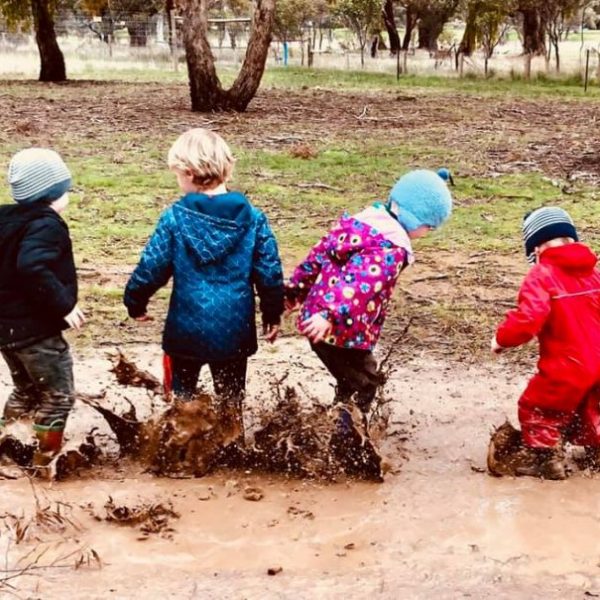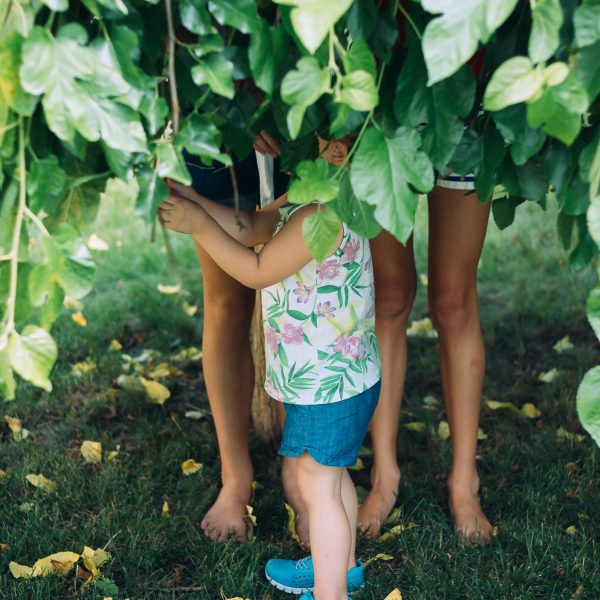Study to examine the health benefits of outdoor preschools launched in US

A researcher from Washington State University Initiative for Research and Education to Advance Community Health has teamed up with America’s leading outdoor early childhood education and care (ECEC) provider Tiny Trees Preschool to study the impact that a solely outdoor preschool model has on children’s health outcomes.
The study being conducted by Assistant Research Professor Amber Fyfe-Johnson has been inspired by her concerns at the increasing number of children presenting as obese and her search to find solutions so she could contribute to policies that make it easier for kids to lead healthy, active lifestyles.
“We as a society need to collectively shoulder the responsibility of taking care of our kids, figuring out how to make them healthier and how to prioritize that,” Ms Fyfe-Johnson said.
The study will see Ms Fyfe-Johnson embarking on a five-year project to measure physical activity, body mass index, sleep, and gut microbiome—microorganisms that live in the digestive track—in 200 children, half of the children will be enrolled at Tiny Trees, while the other half will be children who are on the school’s waitlist and enrolled in a more traditional preschool setting.
Tiny Trees preschool is the largest outdoor preschool in the United States and runs 12 open-air classrooms located in nine public parks spread out across Seattle’s King County. The children engage in a play-based curriculum that has them learning while they explore the natural world around them.
The preschool recently received a license to operate from the state department having participated in a pilot program in 2017 that sought to test the idea and also create a licensing framework specifically for outdoor, as opposed to the more traditional indoor, preschool settings.
Tiny Trees preschool, was one of a small number of outdoor only preschools to receive their licences to operate and in so doing enabled enrolled families to access state sponsored subsidies that are only available to licensed services.
Fyfe-Johnson will follow each child for two years, collecting data at the beginning and end of each academic year. In addition to comparing data across the two groups, she will also conduct cost-benefit and cost effectiveness analyses to help determine the feasibility and sustainability of the outdoor preschool model.
Commenting on why Ms Fyfe-Johnson has focused her study on preschool aged children she notes that “preschool is an opportune moment to intervene in children’s lifestyles. It’s when kids are actively growing and developing, and it’s still relatively easy to influence their food intake and physical activity levels. It’s also a point in time just before rates of overweight and obesity start to spike up, which starts happening in elementary school.”
To read the press release from WSU please click here.
Popular

Workforce
Policy
Quality
Practice
Provider
Research
ECEC must change now, our children can’t wait for another inquiry
2025-07-02 07:47:14
by Fiona Alston

Workforce
Practice
Provider
Quality
Research
Supporting successful transitions: Big moves, big feelings
2025-06-26 11:00:30
by Fiona Alston

Workforce
Policy
Quality
Research
Inclusive Practice Framework set to strengthen inclusion in early childhood settings
2025-06-24 11:37:00
by Isabella Southwell













